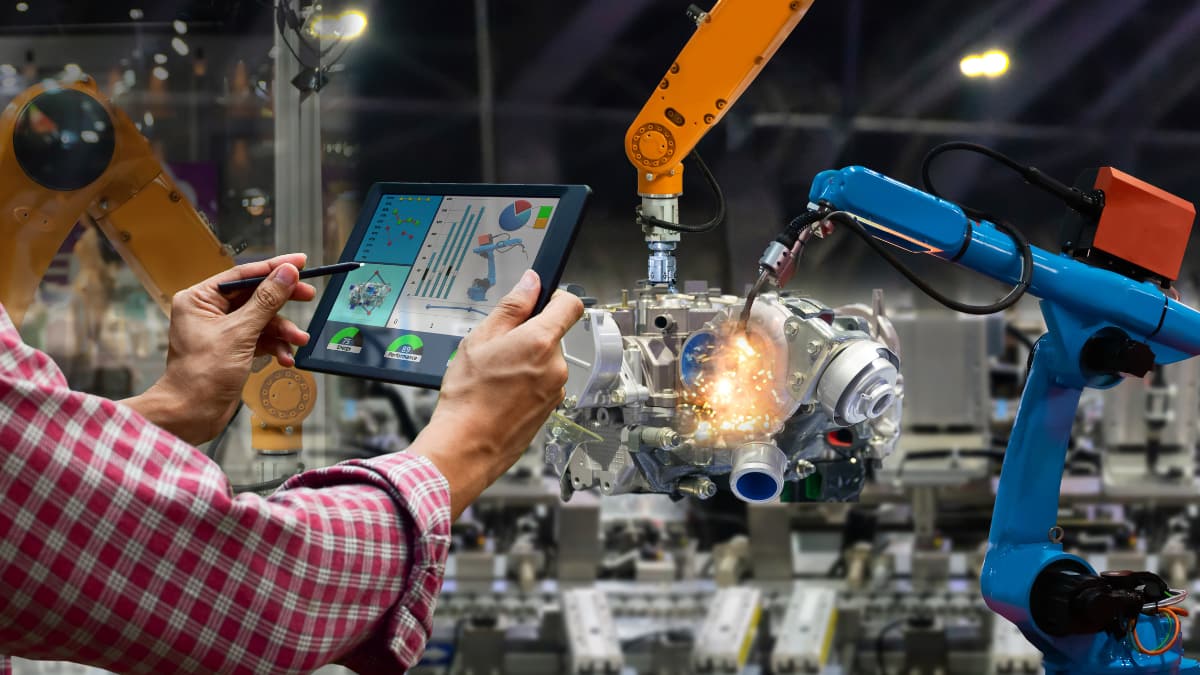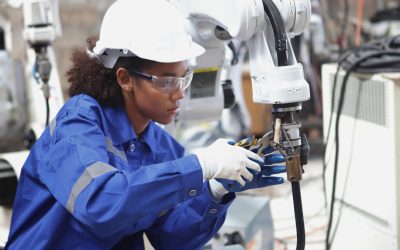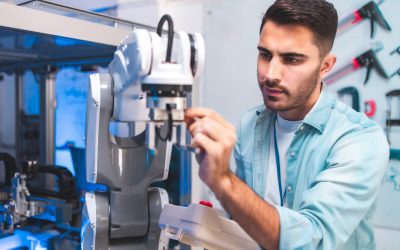In 2024, the manufacturing sector had very clear goals: to continue supporting economic stability and improve investment.
And as we look back on Q1 and Q2, we can see a positive shift in business confidence in the sector and a boost in growth prospects.
In addition, the latest reports from Make UK highlight that the sector is indeed set to outpace the economy by the end of the year.
However, as we enter Q3 after a UK general election and Labour leader Kier Starmer now taking over from a 14-year conservative reign. So what is in store for manufacturing? And what is on the horizon for the sector in the future?
With growing recognition that advanced manufacturing is an area of strength for the economy, we look at some of the key areas that will have the greatest impact on the sector.
Trends in Manufacturing
Introduction of a robust industry strategy
As new government leaders take office, the manufacturing sector is making its voice heard and asking for a clear and robust industry strategy.
They want a roadmap for the sector’s future, outlining investment, partnerships, collaboration efforts, boosting skills in the workforce, and more.
Such a strategy is seen as crucial. It can support UK businesses in boosting productivity, strengthening infrastructure, and leading in technological advances and innovation.
A boost in apprenticeship skills
The sector still faces a major skills gap. Recruiting and retaining talent remains a challenge as demand grows.
There are high expectations for the government to respond to this skill shortage crisis, and we could potentially see more investment and the spotlight placed on manufacturing and engineering apprenticeships in the near future.
There is also an expectation that we will see a number of employment law reforms that have the potential to impact the industry significantly.
Bringing certainty in investment
Due to the shift in manufacturing during the COVID-19 pandemic, as we move into the second half of 2024, we will continue to see UK orders exceeding export orders, as well as export orders also increasing.
This is welcome growth news for the sector, as it brings stability and, hence, a boost in investment in specific areas such as infrastructure.
A reminder to leverage digital technology
Investing in supply chains and upgrading capabilities and services with new innovative technology and AI support is still a key trend for the manufacturing sector.
In fact, according to the MHI Annual Industry Report 2024, with Deloitte, 85% of supply chain leaders foresee integrating AI and IoT technologies into their processes within the next five years.
In addition, the Fictiv State of Manufacturing Report 2023 el states that 97% of businesses in the sector expect AI to positively impact product development.
Bringing creativity and innovation to the manufacturing sector, automation will play a crucial role in navigating future challenges and uncertainty.
Continue with sustainable methods
Sustainability and how businesses can become more environmentally aware is still high on the Labour government’s agenda, and it will undoubtedly be one of the areas that they will be working with certain sectors on over the coming months and years.
Supply chains, processes, and risks will be scrutinized, so it will be important to maintain efforts to reduce energy consumption, adopt renewable energy sources where appropriate, implement lean processes and digital technology, and more.
Future of Manufacturing
The manufacturing sector is and has changed. A now agile and resilient sector where those who are flexible and aware of the forthcoming challenges and opportunities are better prepared, the focus is clearly on futureproofing the sector and British manufacturing against an increase in competition and potential uncertainty. To tackle the skills crisis head-on and plan investments for the long term in order to improve and drive productivity.
To help support this drive is automation.
With AI and machine learning capabilities listed as one of the most significant opportunities for manufacturers over the next few years, automation is set to help manage skills shortages, increase productivity, and help with investment in innovation.
To learn more about automation and how the right technology can improve processes, support people, and grow business, speak to our team at Innomech today.




